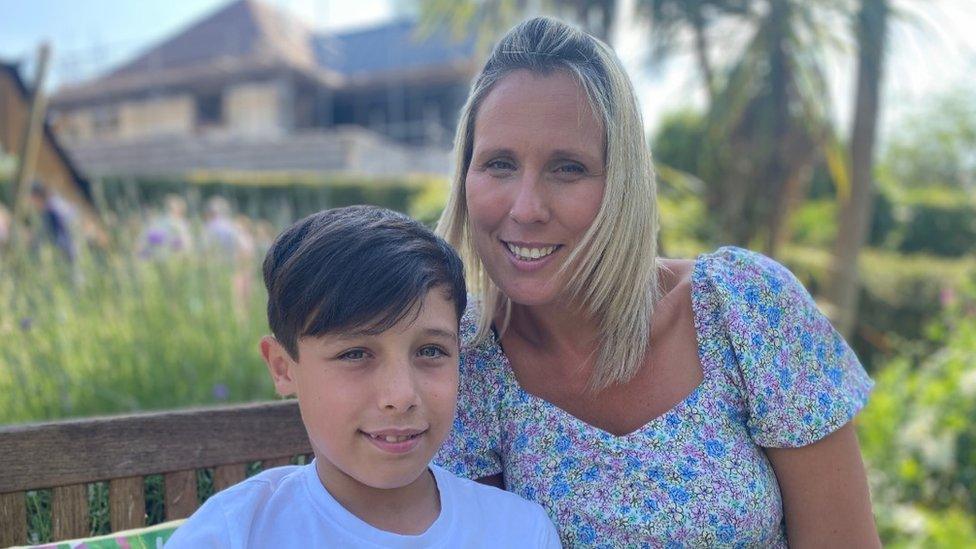Cystic fibrosis: Essex family unsure if son can use drug
- Published
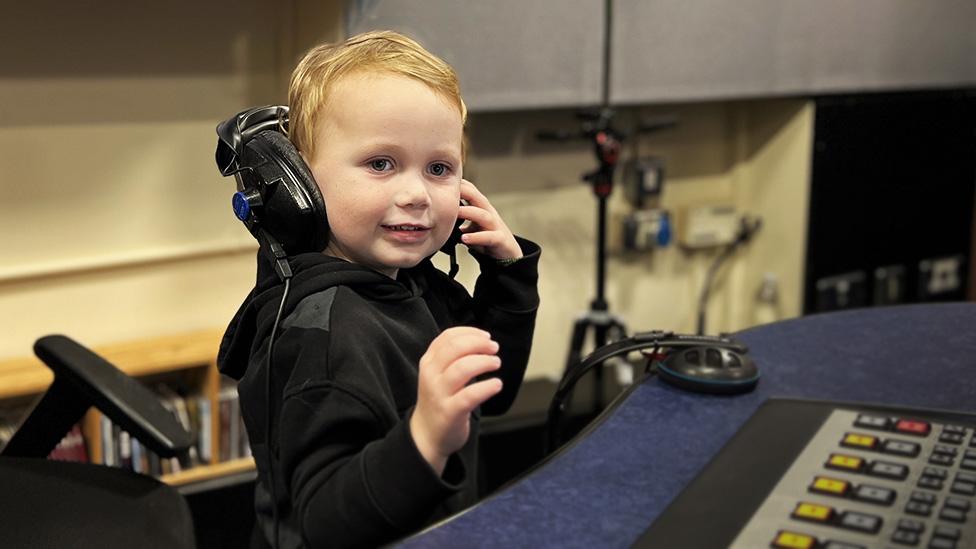
Jesse was diagnosed with cystic fibrosis when he was just six weeks old
The mother of a four-year-old boy with cystic fibrosis fears her son will never get to use a so-called "miracle drug" which could prolong his life.
Doctors expect Jesse, from Ingatestone, Essex, will not live to see his thirties.
On Wednesday, the government's medicines agency extended the licence for the drugs Kaftrio and Kalydeco, external.
But uncertainty remains for his family who do not know if Jesse will be eligible.
The Medicines and Healthcare products Regulatory Agency (MHRA) licensed the drug for children aged two to six, however, it would still need the green light from The National Institute for Health and Care Excellence (NICE).
Helen Knight, from NICE, has said its "cost-effectiveness" was being gauged.
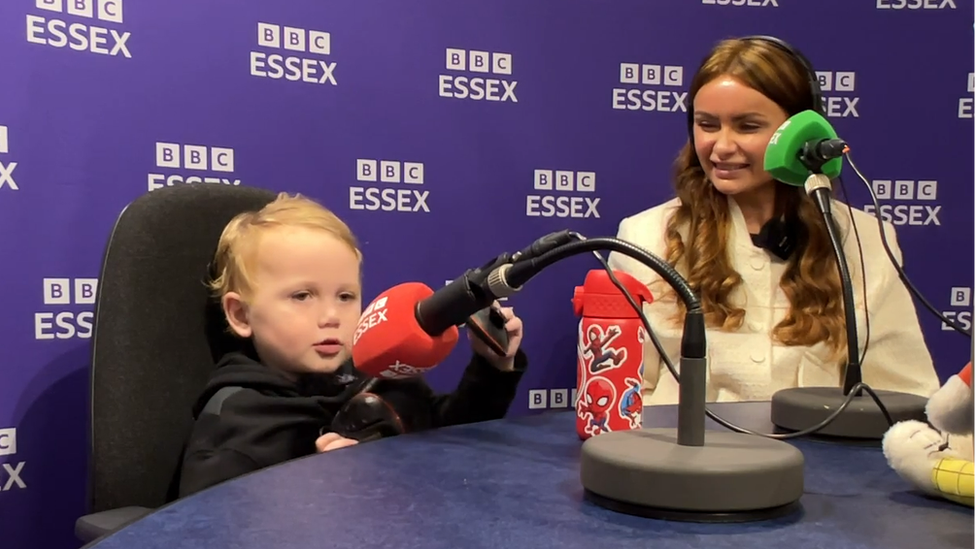
Chloe said her son Jesse was an "inspiration"
Jesse's mum, Chloe, told BBC Essex: "In the cystic fibrosis community we name it the life-saving drug, the miracle drug - the drug everyone wants their child to be on.
"Jesse having this drug would probably mean he has to do less physio, he would have his life back.
"At the moment he does not have much of a life. He is not able to do as much as other children do."
Kaftrio was already authorised for treating children - with a certain type of cystic fibrosis - who were aged six years and older.
The drug would be administered as a sachet of granules to be mixed with soft food.
'Life-changing'
Jesse's strict daily routine sees his family up at 06:30 so he can take seven different types of medication, do his physiotherapy and carry out breathing exercises.
"His life could be changed overnight from just one tablet," Chloe said.
"It is really hard because when you see the six year olds who are on it, you can see their lives have changed.
"When you hear that cough through the night, that is when you know the clock is ticking and when Jesse's lungs are going to deteriorate over time.
"We won't stop fighting for our son to get this drug."
A Department of Health and Social Care spokesperson said it has invested more than £1.1 billion of funding into research of rare diseases.
They added: "It is vital that patients have access to new and innovative medicines like these, but the NHS must use its budget fairly and for the good of all patients."

Follow East of England news on Facebook, external, Instagram, external and X, external. Got a story? Email eastofenglandnews@bbc.co.uk or WhatsApp 0800 169 1830
Related topics
- Published15 November 2023
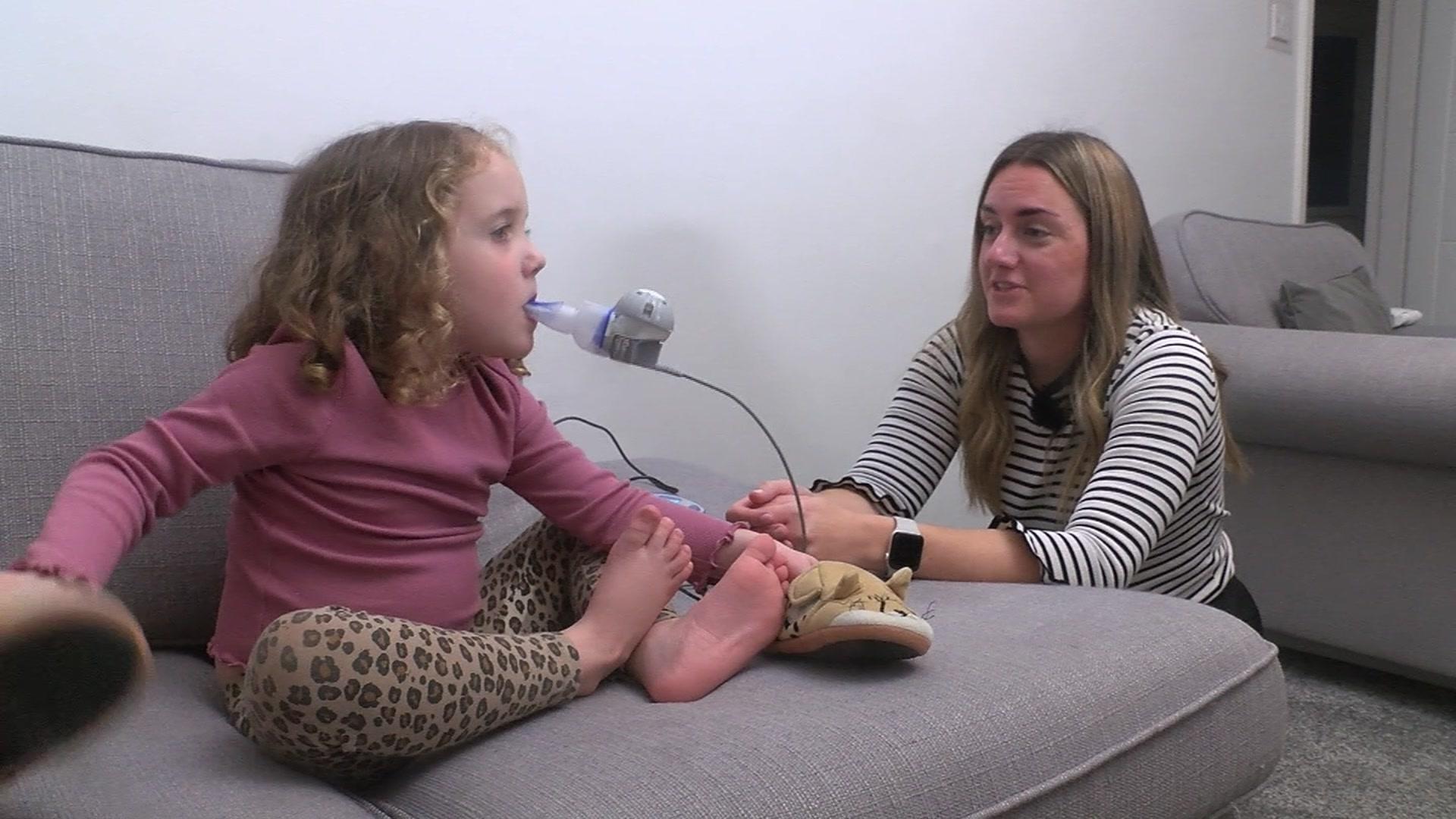
- Published13 November 2023
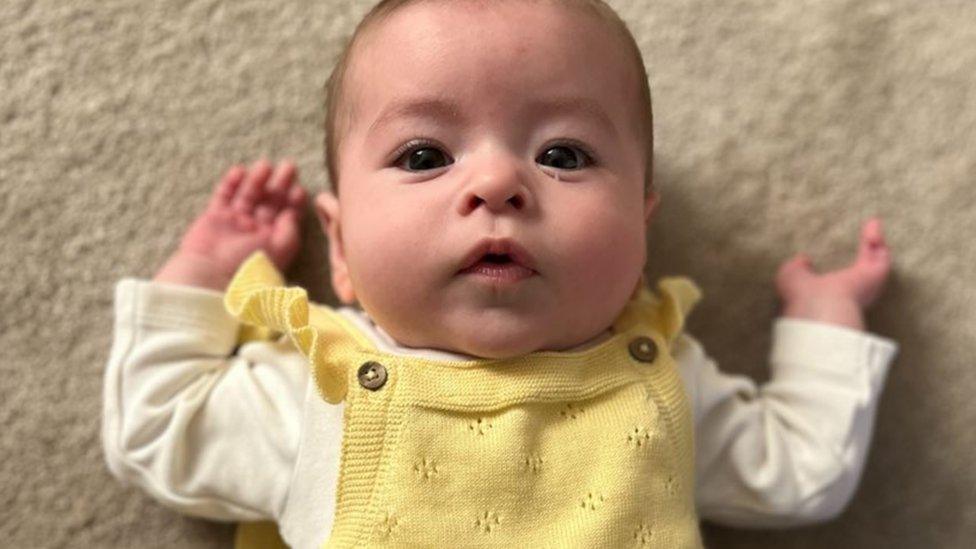
- Published10 November 2023
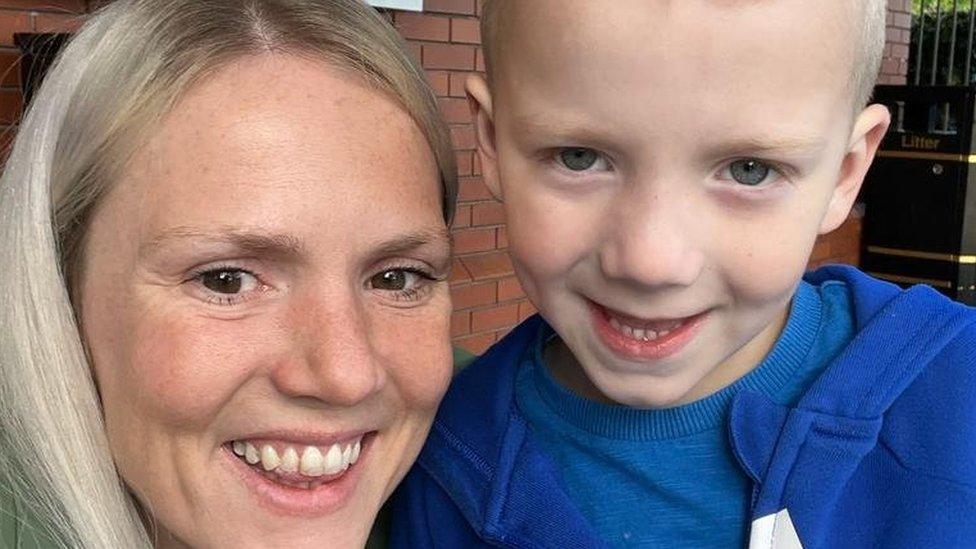
- Published30 June 2023
